The Italian philosopher Giorgio Agamben is one of the leading figures in contemporary postcontinental philosophy and political theory. His unique readings of literature, literary theory, continental philosophy, political thought, theology, and art have made him one of the most innovative thinkers of our time. In his oeuvres, Agamben exposes the mysterious relationship between theology and politics and thus opens up new vistas of radical political theology. According to Agamben, there is a genealogical conviviality between theology and politics in Western philosophy. Taking the cue from Carl Schmitt whose political theology had been widely used for legitimizing the German nationalism, Agamben argues that in the Western tradition, understandings of political sovereignty correlate with understandings of divine sovereignty. Analyzing the emergence of the doctrine of Economic Trinity (Oikonomia) in the early Christian tradition, Agamben contends that Christian Theology through its liturgical practices legitimizes the notion of sovereign power and its governmentality. For Agamben, liturgy reinstates the political activity of the church through which it legitimizes ecclesiastical hierarchy and power. Critiquing modern political theologies for being inadequate to recognize the ‘theo-political’ project of Christian Theology and the western political philosophy, Agamben, on the other hand, offers impetus for a radical political theology which rejects the liturgical legitimization of the sovereign God and affirms the potential to formulate the anti-imperial subjectivities. This essayr tries to interact with Agamben’s political thought for constructing a radical political theology in the contemporary context of neoempire.
Giorgio Agamben: Life and Works
Giorgio Agamben was born in 1942 in Rome. He was educated in law and philosophy at the University of Rome. His doctoral thesis was on the political thought of Simone Weil. He did his post-doctoral studies in Freiburg (1966–1968) where he participated in Martin Heidegger’s seminars on Hegel and Heraclitus. Later he became a fellow at the Warburg Institute, University of London, from 1974 to 1975. Agamben then began his long teaching career over the next four decades and taught at the University of Macerata, the University of Verona, the Collège Internationale de Paris, the Università della Svizzera Italiana, the Università Iuav di Venezia, the New School, University in New York and the European Graduate School/ EGS where he holds the Baruch Spinoza Chair. Currently, he is the professor of Philosophy and Aesthetics at the University of Verona in Italy. He caused a controversy when he refused to submit to the “biopolitical tattooing” requested by the United States Immigration Department for entry to the USA in the wake of the September 11, 2001 attacks.[1] Agamben considered it as a biopolitical exercise of the sovereign state upon human bodies as it was in the period of Nazi regime.
Agamben is a man of the Left, politically speaking, which means that he was influenced by the promises of the revolutions of 1968, the fall off the Berlin Wall in 1989 and the consequent dissolution of the Soviet Empire. This was a generation of utopian political hopes of a broadly Marxist kind, hopes that had to be re-configured because of the discrediting of standard-issue of Marxist theory. One resource for this reconfiguring is the material preserved in the Christian archive, especially the Pauline material which was most appealing to those post-Marxists. Agamben reads Paul not as a New Testament Scholar; rather he wants to re-read Paul for constructing a sharp critique of the Western political thought on law and subjectivity. Agamben’s reading of Pauline universalism and Ekklesia help him to think about the “coming community” as it theorizes the formation of ‘singularities’ and de-subjectification.
Agamben’s oeuvres engage with wide range of issues relating to language, metaphysics, aesthetics, politics, ethics, liturgy, and theology. One of the enduring concerns of his writings is the critique of sovereign power and its political treatment of human subjectivities. His series of texts known as the ‘Homo Sacer’ tetralogy explores the above issue and analyzes the figure of the Muselmanner—the most degraded and hopeless victims in the Nazi death camps.[2] According to Agamben, this figure who lives in between law and lawlessness, human and in-human, and life and death signifies a crucial state of human life—the ‘living dead’. This form of life, which Agamben calls ‘bare life’ or ‘homo sacer’ (“sacred man”) is the main content of the series of his works, which also includes: Homo Sacer: Sovereign Power and Bare Life (1998); State of Exception (2005); The Time That Remains: A Commentary on the Letter to the Romans (2005); and Profanations (2007).
It is well evident in his works that he has been heavily influenced by both the canonical figures of Western political thought from Aristotle, through to Hegel and Nietzsche and the early twentieth century thinkers like Hannah Arendt, Carl Schmitt, Michel Foucault and Walter Benjamin. Alluding to Benjamin, Agamben often uses the theological term “messianic” to describe his argumentative strategy of antinomianism. In order to find a way out of the destructive paradoxes of Western legal thought, Agamben frequently draws on messianic texts from the Jewish, Christian, and Islamic traditions. Agamben analyzes the enforcement of rules and the formation of legal subjectivities in the monasteries in his book The Highest Poverty: Monastic Rules and Form-of-Life (2013) and warns us to avoid the same pitfalls in our contemporary efforts to find some way to escape the destructive killing machine-the law. Agamben deals with the issue of economy of salvation and its political ramifications in theology and politics vividly in his widely read books The Kingdom and the Glory: For a Theological Genealogy of Economy and Government (2007) and Opus Dei: An Archaeology of Duty (2013).
Giorgio Agamben and Political Philosophy
Giorgio Agamben’s political philosophy intertwines two diverging traditions of philosophical thought: Carl Schmitt’s political philosophy and Michael Foucault’s biopolitics.[3] Carl Schmitt following Hobbesian notion of sovereignty which is very close to the Christian idea of theocracy, legitimized the sovereignty of the state which in turn supported the Nazi regime in Germany in 1920s. Critically engaging with Carl Schmitt, who defined sovereignty as the power to decide the state of exception where the law is indefinitely suspended without being abrogated, Agamben followed the Foucauldian philosophy of biopolitics where sovereignty inherently legitimizes the state of exception. For Agamben, the state of exception is the inherent phenomenon of the state to provide or deny its legal protection to its citizens. Agamben identifies that the sovereignty of the state is inherently divisive in terms of identifying its citizens who needs to be legally protected and some others as “bare-life”—who live at the state of exception. However, unlike Foucault who identifies the phenomenon of the state of exception with the modern state, Agamben argues that it has existed from the very beginning of sovereignty in the West. Departing from Schmitt and Foucault, Agamben offers a political philosophy of “bare-life”—the people who live at the margins of the state. It is this philosophy of political marginality that makes Agamben significant and crucial in the contemporary context of Empire (Hardt and Negri).
The ‘Bare-Life’
Taking a look at the ancient Roman law and imperial rule, Agamben argues that the entire history of western political thought (even from the period of Aristotle) bears the horrors of totalitarianism. Tracing the genealogy of the Western notion of politics in the early Greek philosophies, Agamben affirms that there is a foundational distinction between natural life (zoe) and political life (bios).[4] To be a citizen in a polis presupposes a political subjectivity. Agamben asks, then, where is the existence of natural life? He argues that in the notion of sovereignty or the totalitarianism of the state, the natural life (zoe) is denied but on the other hand it is presupposed within. No human being is stateless. However, when you fail to become a citizen of the (law) state, according to Agamben, you are automatically becoming a no-human - ‘a bearer of life to which anything at all can be done’. Agamben calls this state of life as ‘bare-life’ or ‘state of exception’ where certain people live outside the protection of the law of the state (bios). The people who live at this ‘state of exception’ or the ‘zone of indistinction’, the slaves, the refugees, the inhabitants of the camps, the immigrants, the unborn, the stateless are excluded from the official legal protection and reduced to a state of ‘bare-life’ where they could be slaughtered, ignored, starved, tortured and imprisoned for life. This exclusion is legally sanctioned and thus they are in a state of ‘excluded in’ or the ‘included out.’[5]
Agamben’s analysis of the activity of sovereign power as the production of bare-life in the state of exception (the zone of indistinction) has important implication for the way we think about the politics of space. He explains it:
Every attempt to rethink the political space of the West must begin with the clear awareness that we no longer know anything of the classical distinction between zoe and bios, between private life and political existence, between man as a simple living being at home in the house and man’s political existence in the city.[6]
Agamben calls this ‘zone of indistinction’ where ‘bare-life’ is produced by sovereignty as a form of life camp. The space of the camp, for Agamben, is fundamentally paradoxical. On the one hand, ‘the camp is a piece of territory that is placed outside the juridical order’. On the other hand, ‘it is not simply an external space.’[7] It is a space of inclusive exclusion. Here exclusion is legally sanctioned. In a camp, the law is suspended and the exceptional practices become the law. Agamben argues that the camp represents: “the most absolute biopolitical space that has ever been realized –a space in which power confronts nothing other than pure biological life without any mediation.”[8] For Agamben, camp is not just a historical phenomenon; rather it is “in some sense…the hidden matrix and nomos of the political space in which we live.”[9] Camp, for him, is “the space that is opened when the state of exception begins to become the rule.”[10] In fact he was focusing on the emergence of concentration camps in the late nineteenth centuries in the western world, especially the Auschwitz in Germany and the detention camp at the US Naval Base in Guantanamo Bay.[11]
Agamben argues that there is no natural life (zoe) outside of the effect of sovereignty. Alluding to Foucault, Agamben theorizes the biopolitical impact of the sovereignty that forms, reforms and deforms the public life. Thus, life, whether it is biological or political, it is nothing but biopolitical—an act of sovereignty. Agamben identifies a permanent fracture between life and politics in the history of the Western political thought which cannot be rectified and thus the political theories, struggles, and manifestoes of the past two and a half millennia become insufficient to reckon with this crisis. It is here that the so-called political theologies are interrogated and challenged. What he tries to communicate is that there is no pure politics to be theorized as a political thought which is detached to the discursive power of the sovereignty. He explains this in Homo Sacer:
Until a completely new politics—that is a politics no longer founded on the exception of bare life—is at hand, every theory and every praxis will remain imprisoned and immobile, and the ‘beautiful day’ of life will be given citizenship only either through blood and death or in the perfect senselessness to which the society of the spectacle condemns it.[12]
Here Agamben put himself at odd with other political thinkers who hold hope in the contemporary democratic engagements and in the development of a culture of human rights. For him, rights are always connected with nation-states which are inherently sovereign and configure ‘zones of indistinction’ for refugees.[13] Agamben’s sharp criticism with the current political (Human Right) engagement is based on its inadequacy to recognize the problem of the inherent politicization of life—the biopolitics of the sovereign state. For Agamben, it is impossible to get rid of this politicization of life or biopolitics of the sovereign power, and any attempt to resist it will ultimately become an entrenchment of the very powers that is mobilized against. It is here Agamben brings his notion of messianic politics in dialogue with his major interlocutor-Walter Benjamin.
Messianic Politics and the Church
Alluding to Walter Benjamin, Agamben talks about messianic politics that is founded on the theological notion of the irruption of the messianic time. The state of exception—the bare-life—the living dead—becomes a messianic time of interruption of the sovereignty where the legality of the life is nullified. Agamben here makes use of the Pauline term ‘messianic time’—the time that remains—the time that is transfigured in it. It is not a time in between the ascension and parousia, rather it is the time that is fulfilled in itself. Agamben here does not theologize the Christian concepts of apocalyptic time or realized eschatology. For Agamben, in those apocalyptical notions there is a telos, an eschaton that beckons. In Agamben’s notion of messianic time, one is invited to be drawn by the eschaton. Messianic time, for Agamben, is not one of apocalypse but of Immediacy. Following Benjamin, Agamben affirms that “the paradigm for the understanding of the present is messianic time.” [14]
In The Time that Remains—an exposition of Romans 1:1-11, Agamben offers an extended discussion on “calling,” kletos, in the Pauline corpus. He re-reads the opening verse of Roman 1: “Paul, called as slave of Jesus the Messiah…” as the messianic call (kletos—vocatio in Latin) to revoke the juridical vocation given by the state. For Agamben, to be called as a slave of Jesus the Messiah is to have a meta-vocation that revokes, or calls back, every other particular vocation like, Jew, gentle, slave, male, female and so on ordered by the state.[15] The ekklesia, the community of the called, is then the community of those whose vocations have been revoked but not erased, emptied but not annihilated, removed from the juridical sphere (bios) to the bare life (zoe). It is a counter-call or call within the call to revoke the biopolitics of the state by creating counter biopolitics (katargeo—the deactivation or emptying-out of the law from within). Those who live in ekklesia is in the sphere of weakness which alone makes possible the use of their emptied but still present vocations.[16] The church, in the Agamben’s political thought, is a community that lives without the law or as outlaws, it is what Agamben likes to call the coming community, the community that occupies the time that remains.
According to Agamben, the time that remains is not a slice of time between the ascension and parousia of Jesus Christ; rather, it is the time the ekklesia takes to come to an end as the time a poem takes to come to an end. This time is a time of transfiguration—the messianic time—the time of the coming community of those whose vocation has been revoked. The eschatology of Agamben is not of the future—end of time (telos) but of the present drawn by the eschaton (the time of the end). Alluding to Walter Benjamin, Agamben affirms that the paradigm for the understanding of the present is messianic time. [17] Agamben’s notion of messianic time offers immediacy and urgency of revocation of our vocations as it is giving back the juridical identity to the state—the giver - and take it back transfigured. It does not deny (of course one can never deny it) the given juridical identity but take it back by transfiguring it. This transfiguration happens in the sphere of coming community which is paradigmatic for public life. For Agamben, this is the messianic politics that begins with us at present, transfiguring our own biological body and the social body.
Church, for Agamben, is the called-out community to live for this messianic politics. According to Agamben to be called as a member of Church is to inoperate or de-activate or de-energize the effect of biopolitics of sovereignty and to be baptized by the spirituality of the messianic politics. To be called as a Church means is to become a ‘coming community’ which lives in the (end) time that remains and to become a non-juridical establishment that runs on certain rules of life. Agamben criticizes the present church for being a juridical institution and thus become empire in this world. Engaging with Paul, Agamben argues that church has become katoikein (empire) instead of paroikein (sojourn) (1 Peter 1. 17).[18] For him, Ekklesia is an ensemble of de-imperialized subjects who live in the messianic time. While defining Church, Agamben contends: “Living in this time, experiencing this time, is thus not something that the Church can choose, or choose not, to do. It is only in this time that there is a Church at all.”[19] It is this messianic politics that deactivate oneself from the dominant political program and identify with the marginalized and disenfranchised that makes the Church a coming community.
Liturgy and Politics
Tracing the etymological genealogy of the word leitourgia in the early Greek philosophy, Agamben tries to expose the epistemological connection between liturgy and politics in the western theological tradition.[20] In the classical Greek culture, leitourgia means ‘public work’ which signifies the obligation that the city (polis) imposes on the citizens who have a certain income to provide a series of services for the common interest. The emperor Constantine exempted clergy from the public services and thus the category-leitourgia assumed a cultic sense. Later on, the Alexandrian rabbis legitimized this category as a special cultic category. However, the imperial meaning construction of the term-leitourgia is well evident in the subsequent biblical translations especially in the terms like royal priesthood, holy nation etc.[21] Agamben talks about the notion of sacrifice in the book of Hebrews and argues that in this book, Christ is identified as the high priest who sacrifices himself which accomplishes the primordial but unrepeatable liturgical action. For Agamben, “the paradox of Christian liturgy is that by taking the model of its priesthood as the liturgical action of the archiereus Christ and founding its authority of the celebrations on the letter to the Hebrews, it devotes itself to repeating an unrepeatable act, to celebrating what cannot be celebrated.”[22]
While analyzing the re-configuration of the church (Ecclesia) in the period of early teachers of faith, from the notion of the charismatic community to a juridical organization, Agamben argues that it was the practice of liturgy that substantiated the ecclesiastical hierarchy in its pure juridical framework. The theology of the apostolic succession of the priesthood founded on the notion of the ‘royal priesthood of Jesus (Jesus the High Priest) Christ finds its theological substantiation in the concept of leitourgia. According to Agamben, leitourgia is nothing but a political activity founded on certain theological notions of power and authority. Leitourgia provides the sanction to the Church to hold both images: church as a charismatic community and church as a hierarchical organization.[23]
Agamben contends that the definition of the priestly character of the ecclesiastical hierarchy is constructed precisely through founding the sacramental liturgy in the doctrine of Christ as high priest. It is in the theology of the repeatability of the Eucharistic celebration ‘forever and ever’ that the ecclesiastical hierarchy is also being established ‘forever and ever’. The doctrine of the liturgical character of Christ’s sacrifice has its root in the doctrine of Trinity itself. Early church fathers defined Trinity as the “economy of mystery” through which they differentiate the ontology and the praxis of God. In this theology of mysterion (in Latin sacramentum), Agamben argues that, the economic and the political praxis of the church and its priestly action, the mysterious relationship between Christ the high priest and priest the administer, and the celebrant and the recipient are endlessly distinguished and superimposed. Thus through liturgy, church is able to manage to hold both the spiritual and political authority.[24] Agamben argues that the liturgy actualizes the political community between heavenly church and earthly church and at the same time the unity of immanent Trinity and economic Trinity in a sacramental praxis. According to Agamben, the irony with regard to the liturgical theology of the church is that it offers a fake univocity of being and action, liturgy and politics by subordinating the praxis to being and politics to liturgy.[25]
Agamben here tries to reinstate his original thesis: Western ontology is totalitarian and sovereign in which economy and politics, liturgy and politics, being and doing are hierarchically integrated and accommodated within. In Western tradition, whether it is liturgy or politics, the power of the One-that is sovereign in itself-is being celebrated and dogmatized. Liturgy is nothing but political as it carries out the veneration of the sovereign power. For Agamben, liturgy is nothing but the practice of “acclamation” ‘where the mantle of legitimate sovereignty rests on the shoulders of the people.’[26] As Mitchell Dean explains, “reign, whether it is divine or worldly, is constituted through such (liturgical) practices, and it is they that allow the articulation of the two obligatory poles of power and thereby ensure its operability.”[27]
In The Kingdom and Glory: For a Theological Genealogy of Economy and Government Agamben argues that the acclamation or the glorification of the angelic hosts is not simply an act of worship but constitutive of both divine and worldly sovereign power.[28] The angelic hosts serve as a model for the hierarchical offices and functions of bureaucracy. Here Agamben’s analysis of biopolitics that stems from the Byzantine coronation rituals and acclamations is extended to the modern media and public opinion formation which is operated in the same sense of liturgical ceremoniality of the sovereign power and authority. In a nut shell, Agamben’s political thought exposes the operations of political power inherent in the genealogy of Christian theology, liturgy, and politics.
Towards a Political Theology of Immanence
According to the Agamben’s political thought, Christianity has to go through a ‘catastrophe’ in order to experience its ‘redemption’. Redemption, for Agamben, is not a future oriented hope; rather it is “in the world as it is, thus”. As Renee D.N. van Riessen writes, “redemption is no longer a question of longing for a different, more perfect and thus redeemed world, nor is it the possibility of relating this world in its state of non-redemption to the coming of a redeeming person or event.”[29] On the other hand, in Agamben, redemption refers to the possibility of seeing the world at the same time from the perspective of its ‘being thus’ and of its unfulfilled promises. Thus, Agamben’s political thought recommends concentrating on the present and its unfulfilled promises. Church as a coming community is provoked by the political thought of Agamben to be a possible community-a community that is always in the process of coming, becoming a non-juridical community, and embodying the state of exception here in the present but its potential has not yet been grasped. However, Agamben is hopeful that church as a called-out community is capable enough to recognize its potentiality through its messianic political practices where the contemporary socio-political and economic sovereign powers surely cannot remain the same. It is in this messianic politics of the church-the coming community, that Agamben entrusts a radical political theology of Immanence.
According to Agamben’s radical political theology, God cannot be a sovereign-transcendent power. It is an immanent God. The notion of transcendence is not at all rejected in this notion of immanence; rather it is located within the possibility of the messianic irruption within it. It is here that Agamben departs from the Christian political theologians. For Christian political theologies, the immanent political realm is linked to a Transcendent Other God who is supposed to come from outside—Agamben calls it the ‘providential’ understanding of the Oikonomia.[30] Whereas Agamben argues that it is through this transcendental logic that the capitalist-market discourses serve the role of liturgy today. Today the liturgical or the ‘operation of glorification’ is well performed by media as public praxis in the contemporary liberal world economy. Breaking of this liturgical continuity of biopolitics and partaking of the messianic politics is the function of the radical political theology of immanence.
Agamben’s theology of immanence does not exclude the possibility of transcendence altogether. Immanence, in this sense, takes a ‘pure’ form of messianic politics. It is a politics of pure immanence, as Agamben explains, that is present within every thought, as the “not external outside” and as the “non-internal inside”.[31] In this pure immanence the notion of transcendent God is re-imagined and located within the immanence. Alluding to Wittgenstein, Agamben argues that God is not revealed “in” the world, but the world itself, as it is thus, and insofar as it is absolutely and irreparably profane, is God.[32] God is in the “being thus” of things. Agamben interprets this “being thus” as to be exposed, abandoned and without shelter. God, in Agamben, is the profanatory potential that resides within the realm of ‘pure immanence’—the “being thus” of things.
For Agamben, the messianic politics is not a mega (universal) resistance based on the generalized principles such as human rights; rather, it is “to explore and invent the profanatory potential that resides within remnants of forms of subjectification and de-subjectification produced by sovereign power itself.”[33] It is the micro politics of de-activating or inoperating the biopolitics of sovereignty within our biological and social bodies and thereby envision new politics and new life. Agamben makes this clear in Means Without End:
It is by starting from this uncertain terrain and from this opaque zone of indistinction that today we must once again find the path of another politics, of another body, of another world. I would not feel up to forgoing this indistinction of public and private, of biological body and body politic, of zoe and bio, for any reason whatsoever. It is here that I must find my space once again—here or nowhere else. Only a politics that starts from such an awareness can interest me.[34]
Agamben’s project of messianic politics is well-evident in his expression ‘whatever being.’ For him, ‘the simple fact of one’s own being (existence) is the possibility or potentiality to de-activate sovereignty. The ‘whatever beings’, is the “singularities” without affirming identity, form the coming community where ‘humans co-belong without any representable condition of belonging.’[35] Agamben defines church as the coming community that envisages messianic politics to expose the ‘time that remains,’ and experiences the state of exception—the experience of the bare-life—the excluded in and the included out here and now. It is the enforcement of this messianic politics that re-orient the church as redemptive and life-giving in the contemporary world of ‘repressed sovereignties.’
Conclusion
Agamben points towards the imperative of a radical political thought and practice that would enhance the human life to be escaped out of the hold of sovereign power. The major significance of his radical political thought lies in the demand for the deconstruction of the genealogy of the biopolitics and the fixing up of the location of the radical political thought in the question of ‘bare-life’ or the ‘state of exception’ or the natural life ‘excluded in’/ ‘included out’. It is here that the current political thoughts are being invoked to re-imagine themselves and re-configure its philosophical framework in a post-Western context. Analyzing the genealogy of kingdom and its glory in the theological tradition of Western Christianity, Agamben argues that there has always been a mysterious relationship between liturgy and politics in Christian theology. Agamben exposes the inherent dichotomy between being and doing of God in the early church understanding of economic trinity. For Agamben, it was this theology of economic trinity that promulgated the ecclesiastical hierarchy and the theological notion of the sovereign power/ God and thus shaped church into an empire in this world. Signifying a radical theology of immanence, Agamben defines Church as a coming community through which it becomes an embodiment of messianic politics. In Agamben’s perspective, liturgy becomes significant when it celebrates the politicality, poeticality, and potentiality of the tortured body-the crucified body of God. As Mark Lewis Taylor rightly contends, ‘it is here theology becomes “theological” which is located within the “weight of the world.”’[36]
[1]Mathew Calarco and Steven Decaroli, eds., Giorgio Agamben: Sovereignty and Life (Stanford, CA: Stanford University Press, 2007), 9.
[2]Justin Clemens, Nicholas Heron and Alex Marray, eds., The Work of Giorgio Agamben: Law, Literature, Life (Edinburgh: Edinburgh University Press, 2008).
[3]Federico Luisetti, “Carl Schmitt and Giorgio Agamben: From Biopolitics to Political Romanticism,” Journal of Philosophy of Life, Vol. 1, No.1 March 2011): 49-58.
[4]It was Aristotle who offered the political theory first in west that deals with two different realms of lie: biological (zoe) and political (bios).
[5] A detailed discussion on this theme can be seen in Adam Kotsko, How to Read Agamben http://lareveiw of books.org
[6]Giorgio Agamben, Homo Sacer: Sovereign Power and Bare Life, trans. Daniel Heller-Roazen (Stanford: Stanford University Press, 1998), 187.
[7]Giorgio Agamben, Means Without End: Notes on Politics, trans by Vincenzo Binetti and Cesare Casarino (Minneapolis & London: University of Minnesota, 2000), 40.
[8] Ibid., 41.
[9] Ibid. 40.
[10]Giorgio Agamben Homo Sacer: Sovereign Power and Bare Life, 168-9.
[11]Auschwitz is the physical manifestation of the Agamben’s notion of the camp. Agamben resolutely refuses to refer to the destruction of the Jews in the death camps as a ‘holocaust’ (etymologically means ‘burnt offering’) because that unacceptably assimilates the crematoria to the sacrificial alter. Edwin Bikundo, Book Reviews in Griffith Law Review (2013) Vol. 22 No. 2
[12]Giorgio Agamben, Homo Sacer: Sovereign Power and Bare Life, 11
[13]Giorgio Agamben, “Beyond Human Rights,” Open 2008/ No. 15/ Social Engineering
[14]Giorgio Agamben, the Church and the Kingdom, trans. Leland de Durantaye (London, New York, Calcutta: Seagull Books, 2012), 59.
[15]Giorgio Agamben, The Time That Remains: A Commentary on the Letter to the Romans, trans. Patricia Dailey (Stanford, CA: Stanford University press, 2013), 11.
[16] Ibid., 12.
[17] Giorgio Agamben, the Church and the Kingdom, 59.
[18] Ibid., 2.
[19] Ibid. 26
[20]Giorgio Agamben, The Highest Poverty: Monastic Rules and Form of Life, trans. Adam Kotsko (Stanford, CA: Stanford University press, 2013), 84.
[21]Giorgio Agamben, Opus Dei: An Archeology, Trans. Adam Kotsko (Stanford, CA: Stanford University press, 2013), 1.
[22] Ibid., 8-9.
[23] Ibid., 13.
[24] Ibid., 17
[25] Ibid., 18
[26]Alexander Barker, “The Invisible hand,” in The Oxonian Review- http:/www.oxonianreview.org/wp.
[27]Mitchell Dean, “Governmentality Meets Theology: ‘The King Reigns, but He Does Not Govern’, Theory Culture Society 2012 29:145.
[28]Giorgio Agamben, The Kingdom and Glory: For a Theological Genealogy of Economy and Governance, trans. Lorenzo Chiesa and Matteo Mandarini (Stanford, CA: Stanford University press, 2013), 144.
[29]Renee D.N. van Riessen, “Community and its Other, Remarks on Giorgio Agamben’s The Coming Community from Levinasian point of view,”Zeitschrift fur DialektischeTheologie, Supplement Series 5.
[30]Giorgio Agamben, The Kingdom and Glory, 314.
[31]Giorgio Agamben, Potentialities: Collected Essays in Philosophy, trans. Daniel Heller-Roazen (Stanford: Stanford University Press, 1998), 228.
[32]Giorgio Agamben, The Coming Community, trans. Michael Hardt (Minneapolis: University of Minnesota Press, 1993), 90.
[33]Nick Vaughan-Williams, “Giorgio Agamben,” in Critical Theorists and International Relations, edited by Jenny Edkins and Nick Vaughan-Williams (London and New York: Routledge, 2009), 28.
[34]Giorgio Agamben, Means Without End, 139.
[35]Giorgio Agamben, The Coming Community, 86; Rene ten Bose, “Giorgio Agamben and the Community without Identity,” Sociological Review, November 2005.
[36]Mark Lewis Taylor, The Theological and the Political, On the Weight of the World (Minneapolis: Fortress Press, 2010), 10.
Become a member
Get the latest news right in your inbox. We never spam!

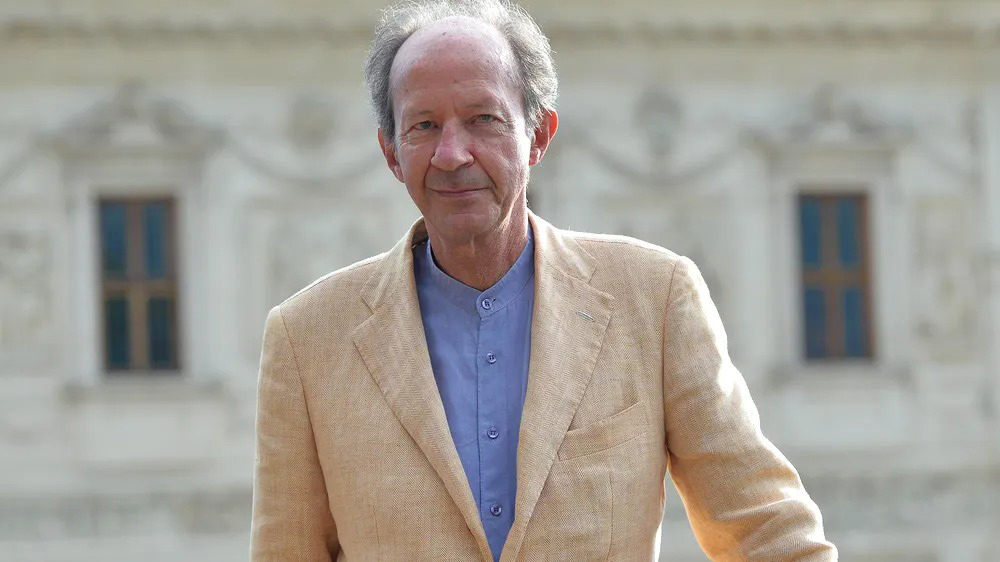
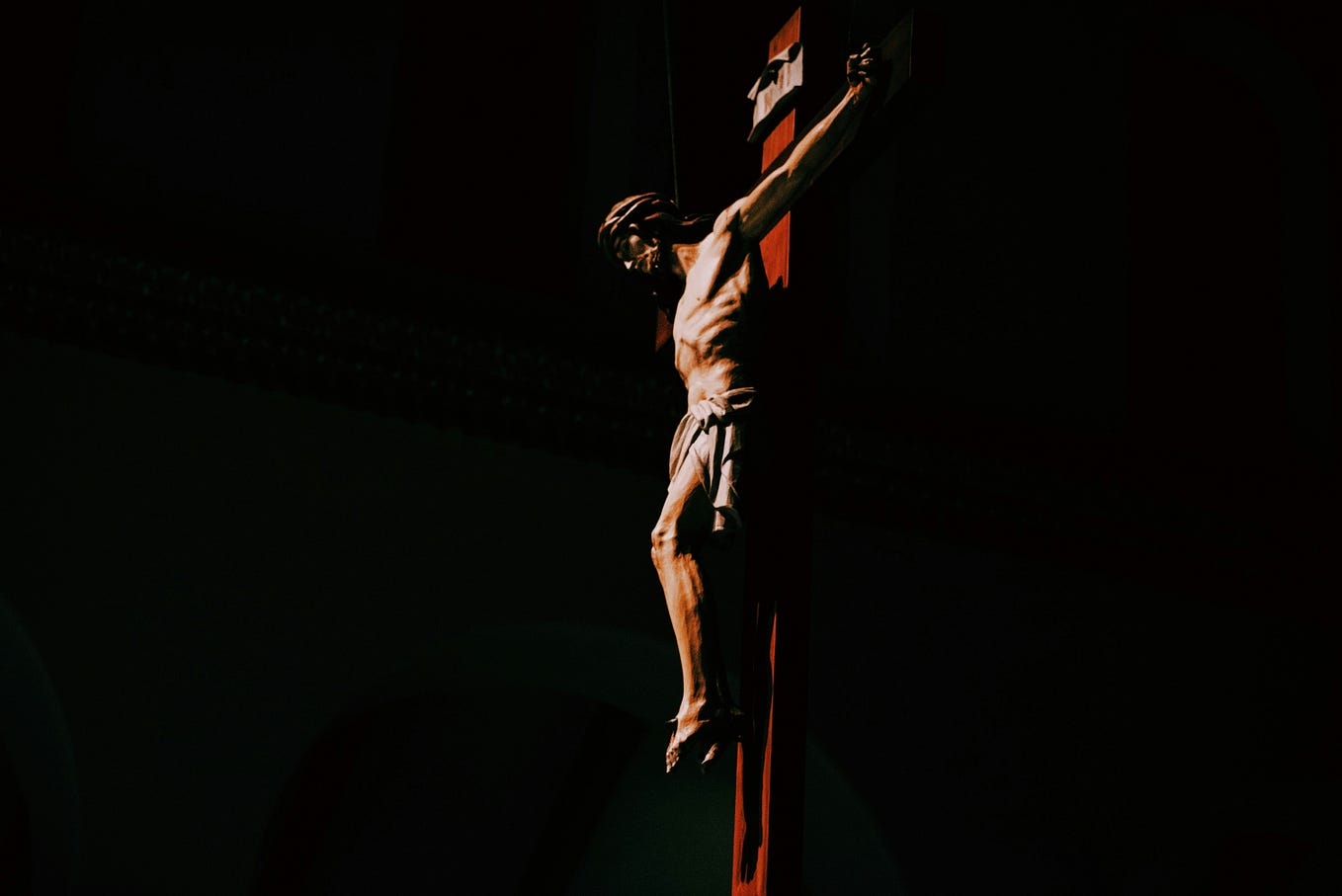
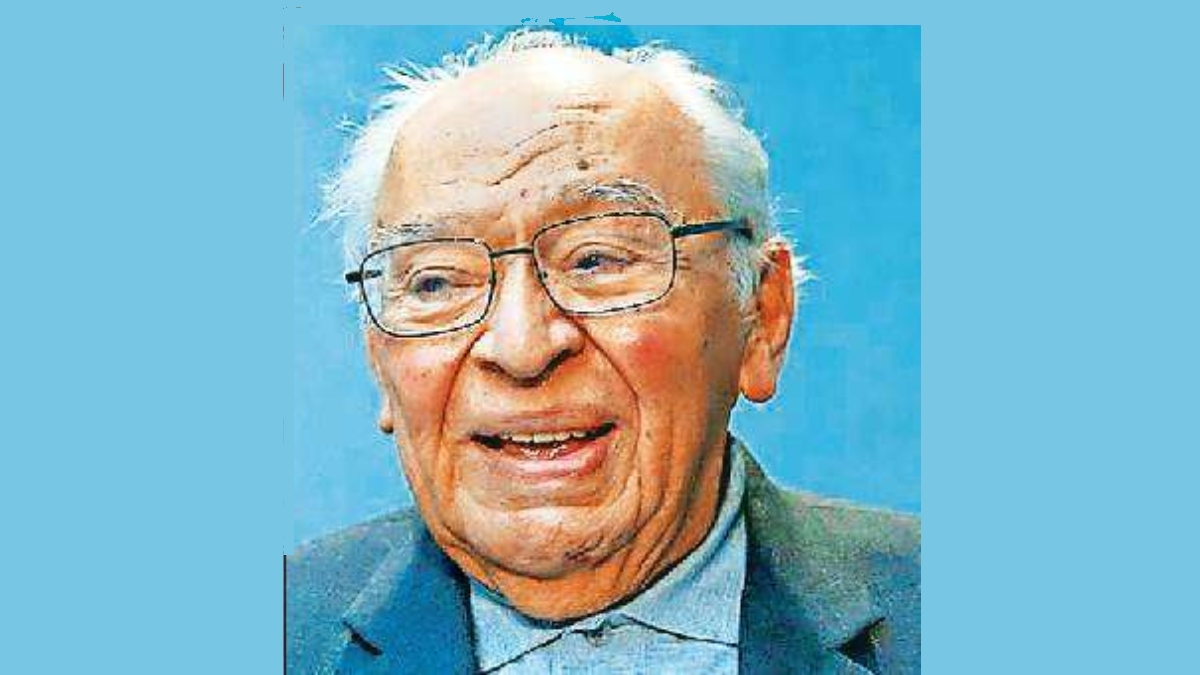
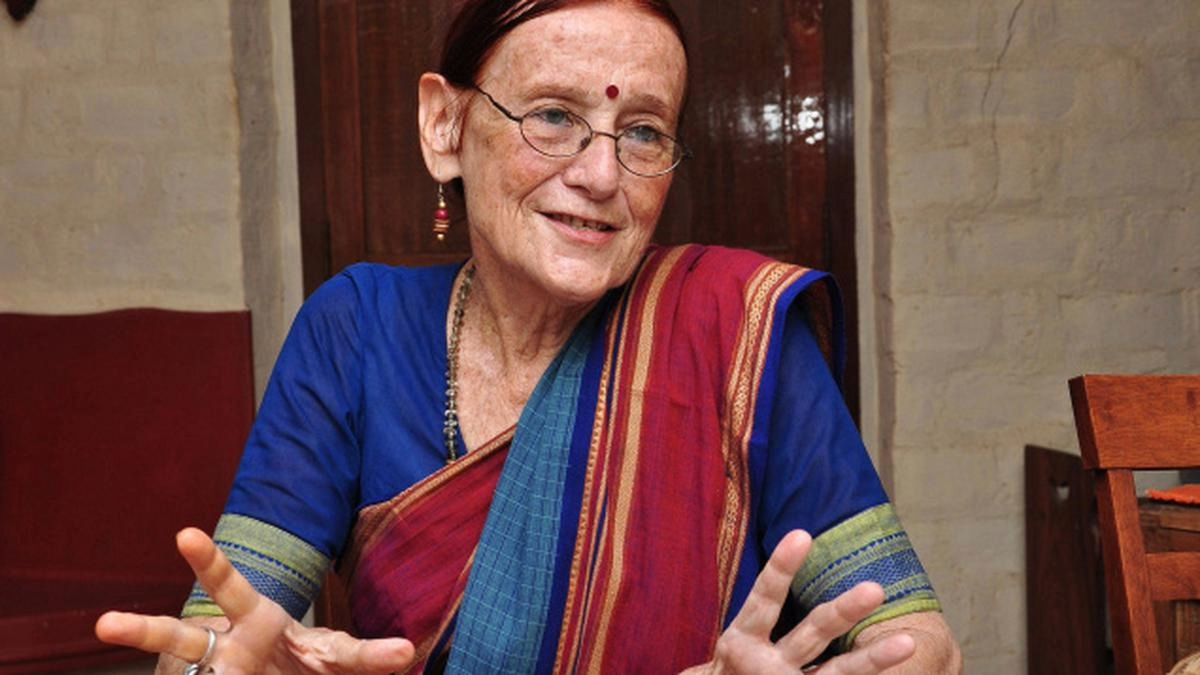
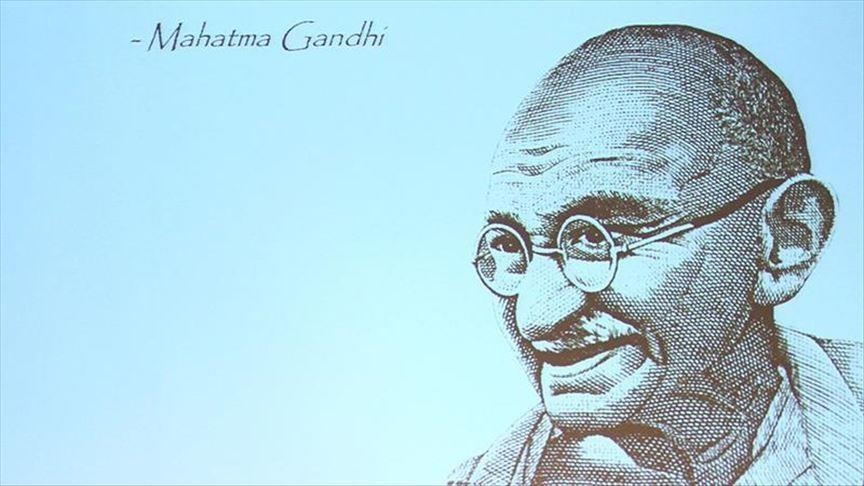
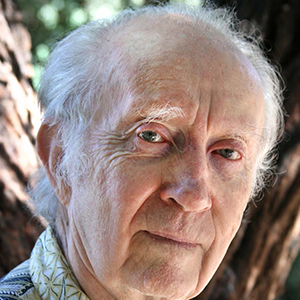
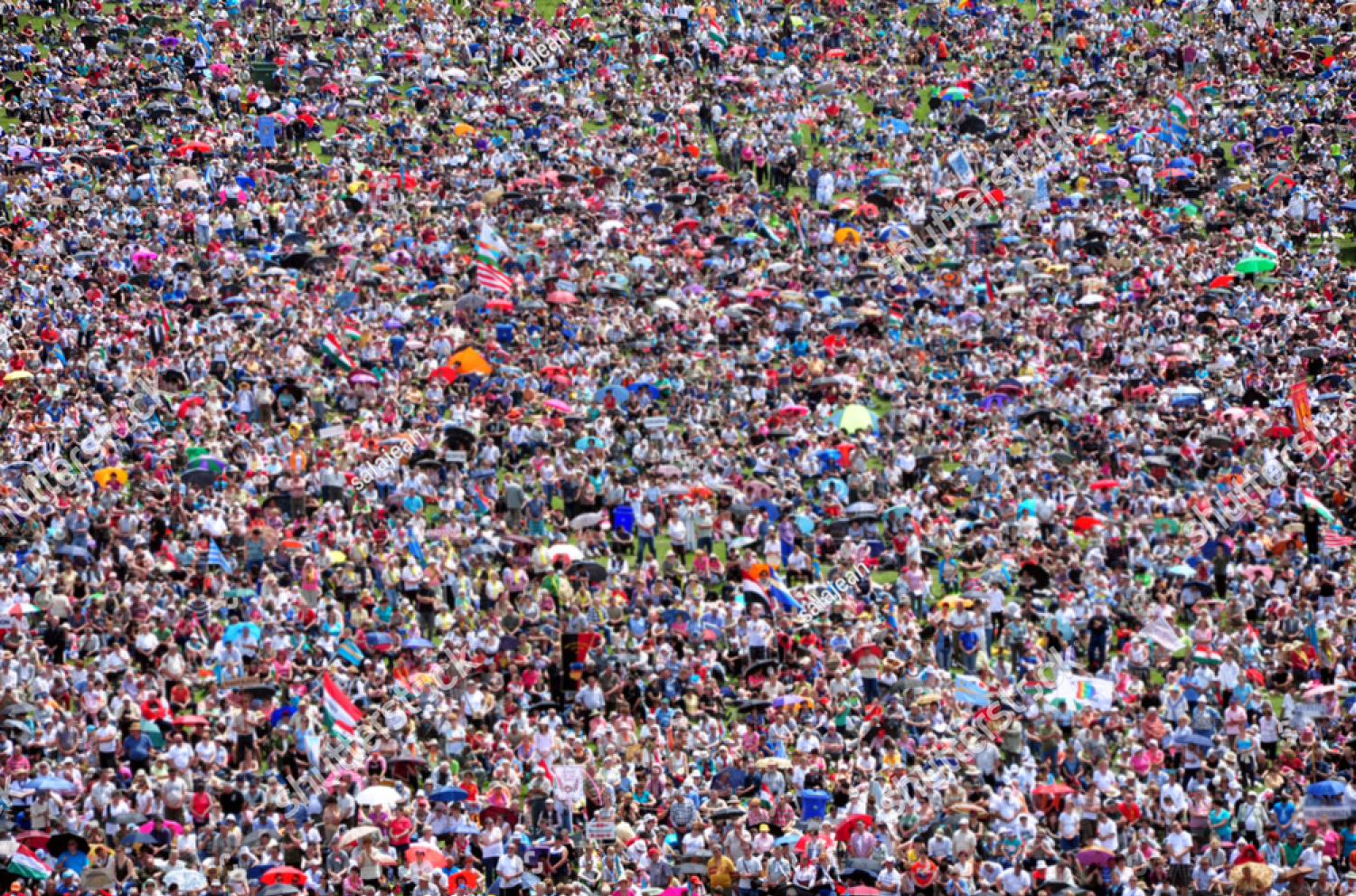
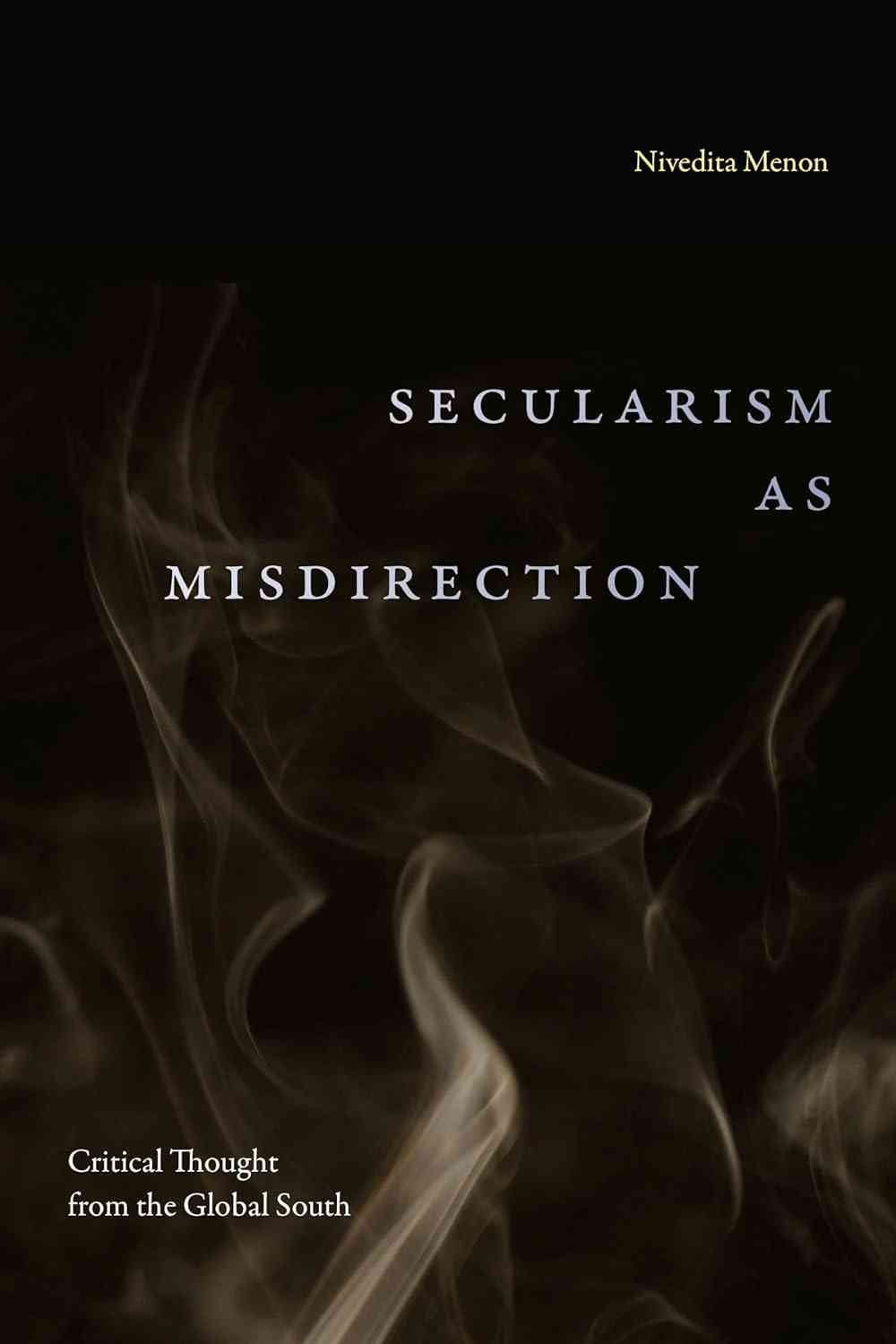
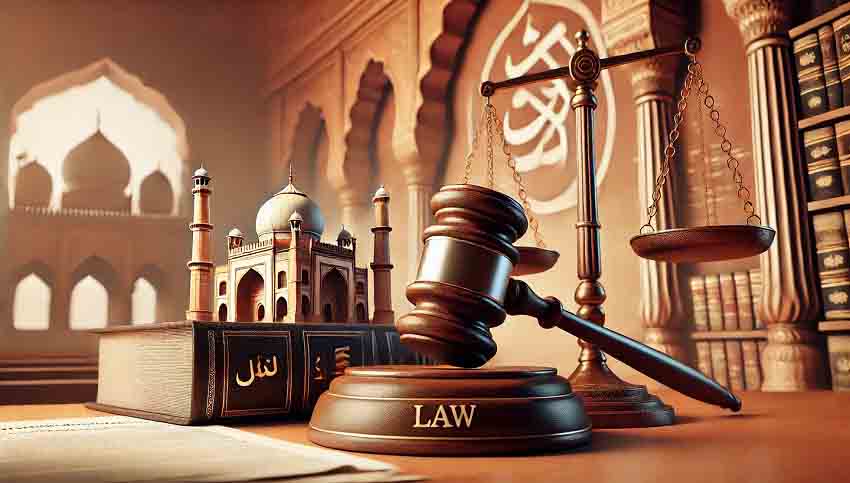
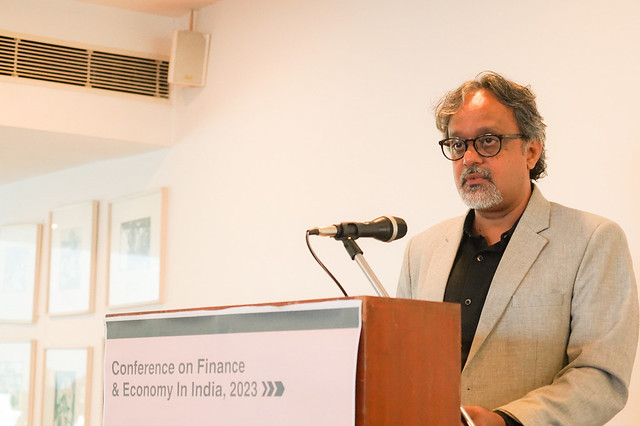

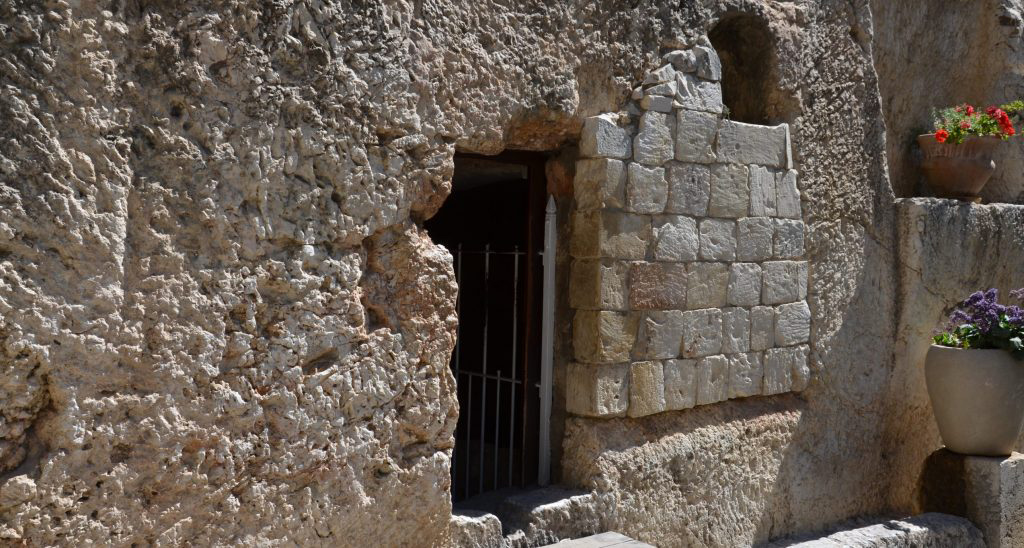
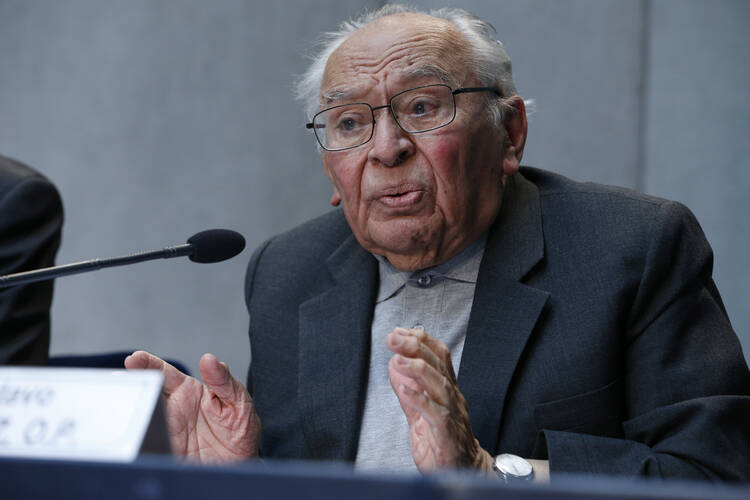
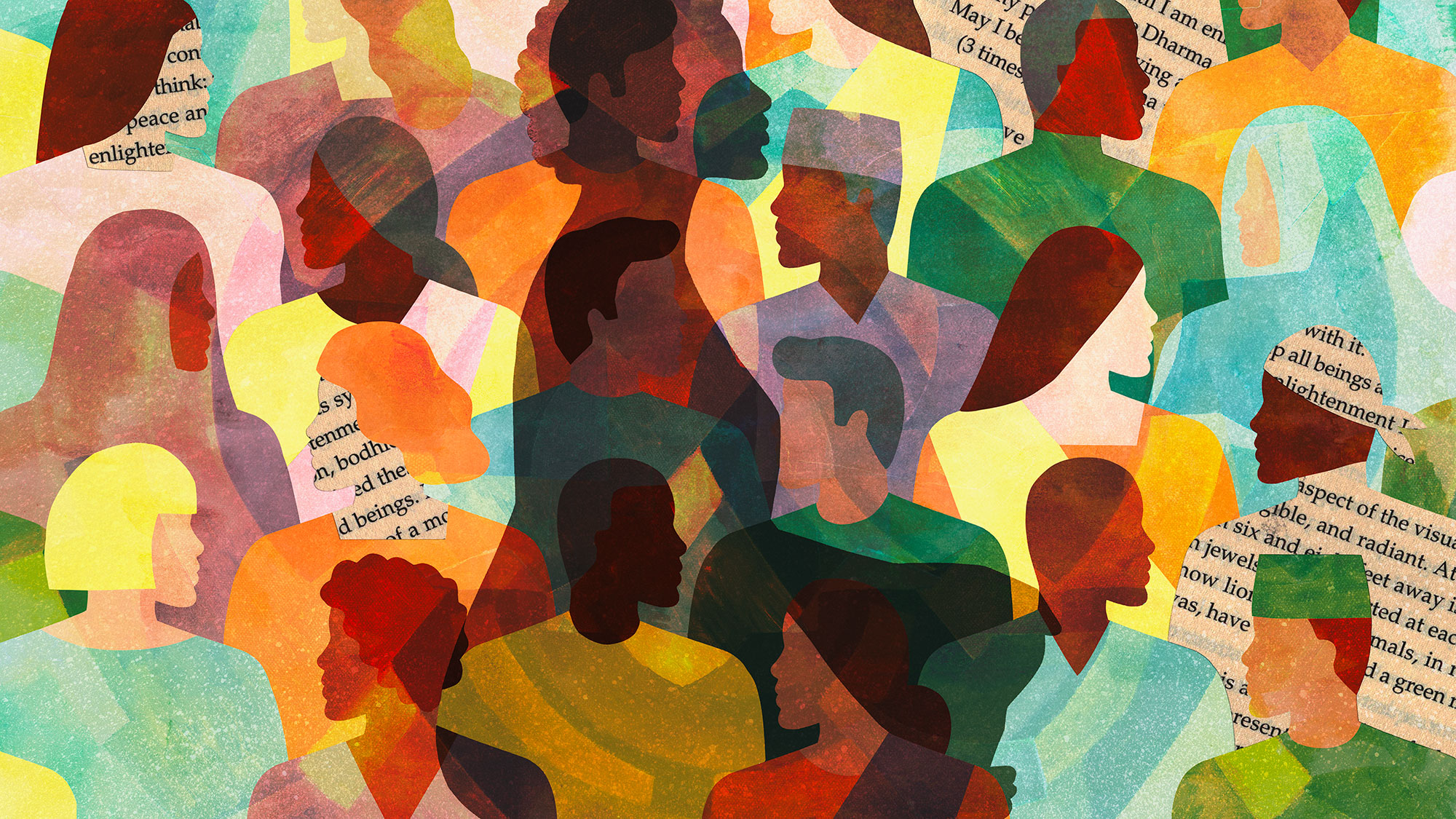
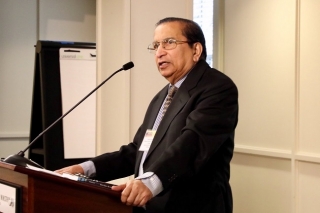
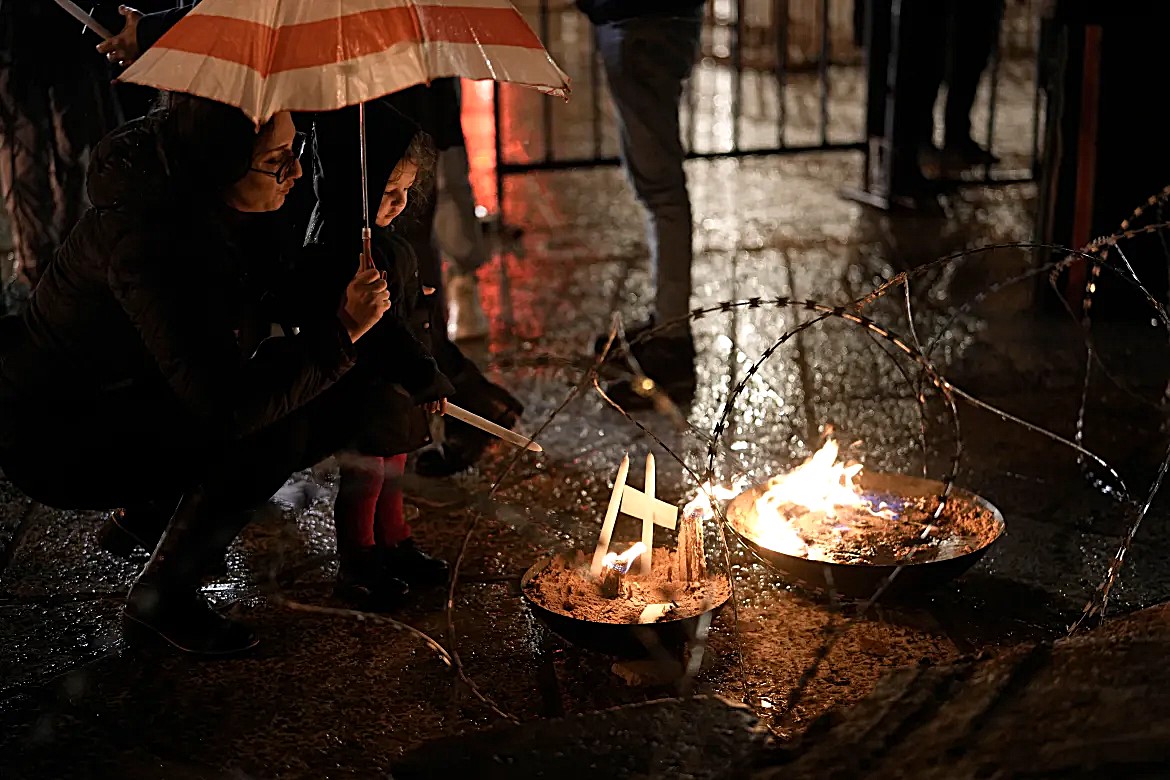

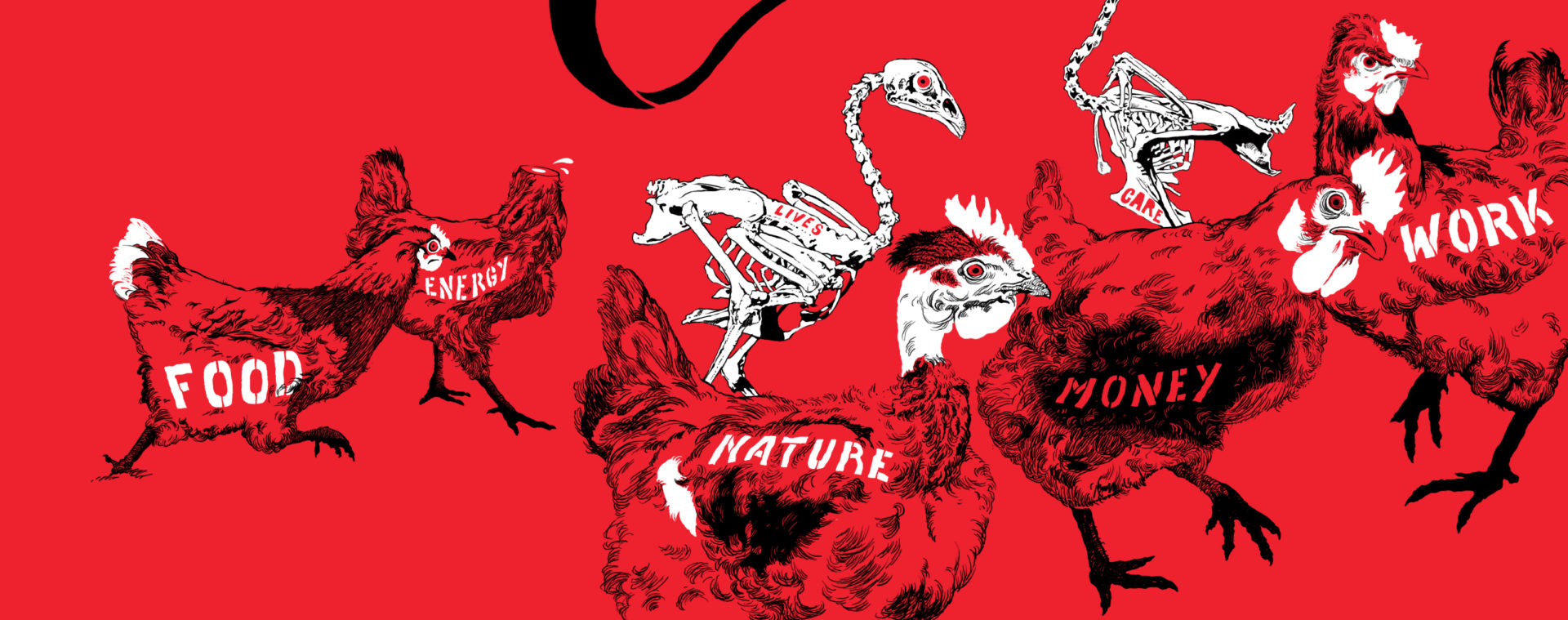
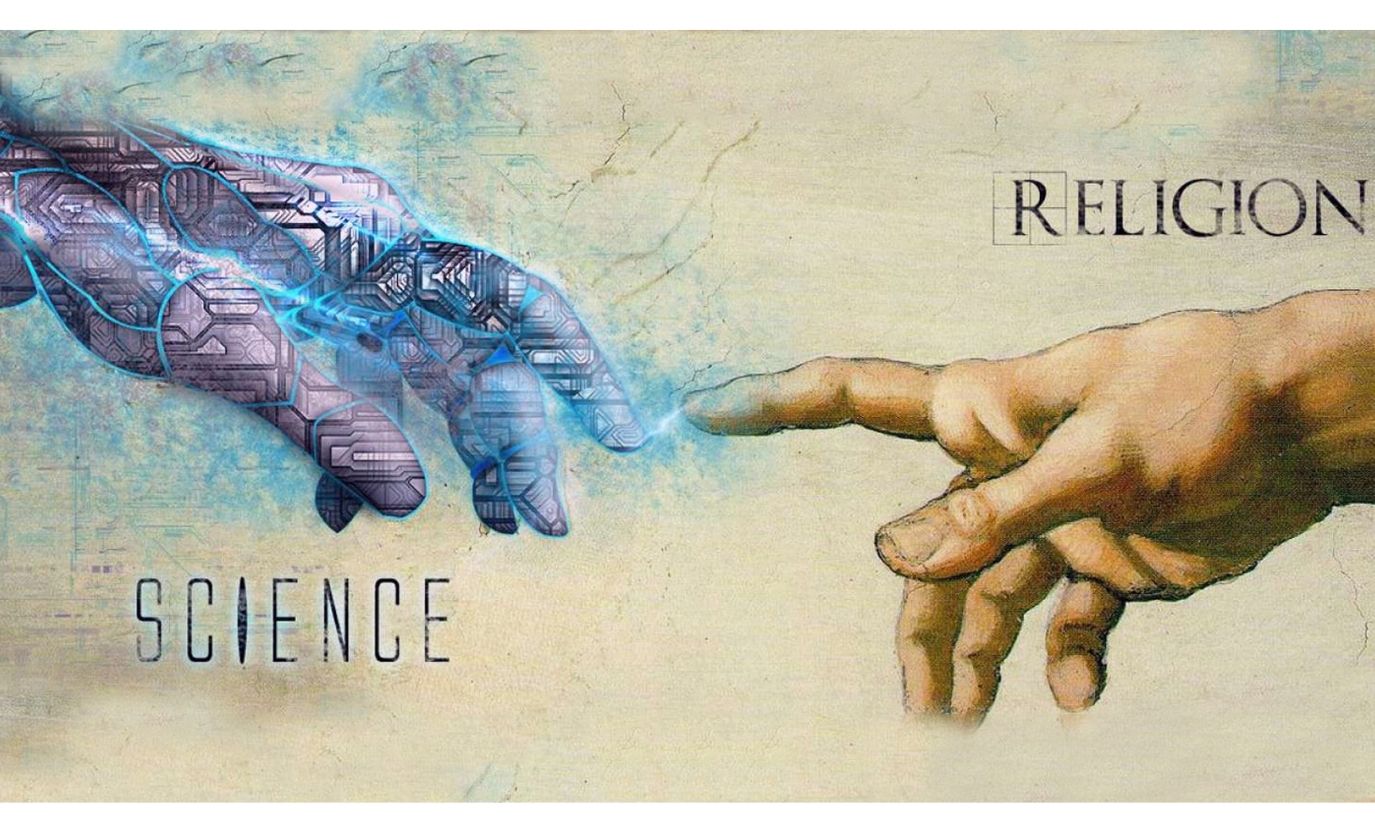
Comments
No Comments